Economic empowerment liberates women from the bondage of violence and abuse
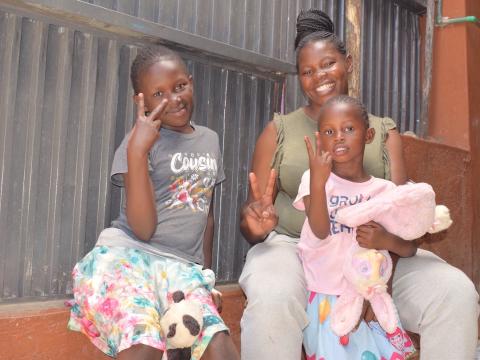
By Sarah Ooko, World Vision Senior Communications and Media Specialist, Kenya
Jackline, in her late twenties, relishes the time that she spends with her two children - Angela aged three and Tracy aged nine.
On a hot Thursday afternoon, I find her seated outside her house, engaging her daughters as they play with dolls.
"Mummy, look at my baby [doll]. See how she's smart. She wants you to carry her," says Angela, as she joyfully jumps up and down with her elder sister.
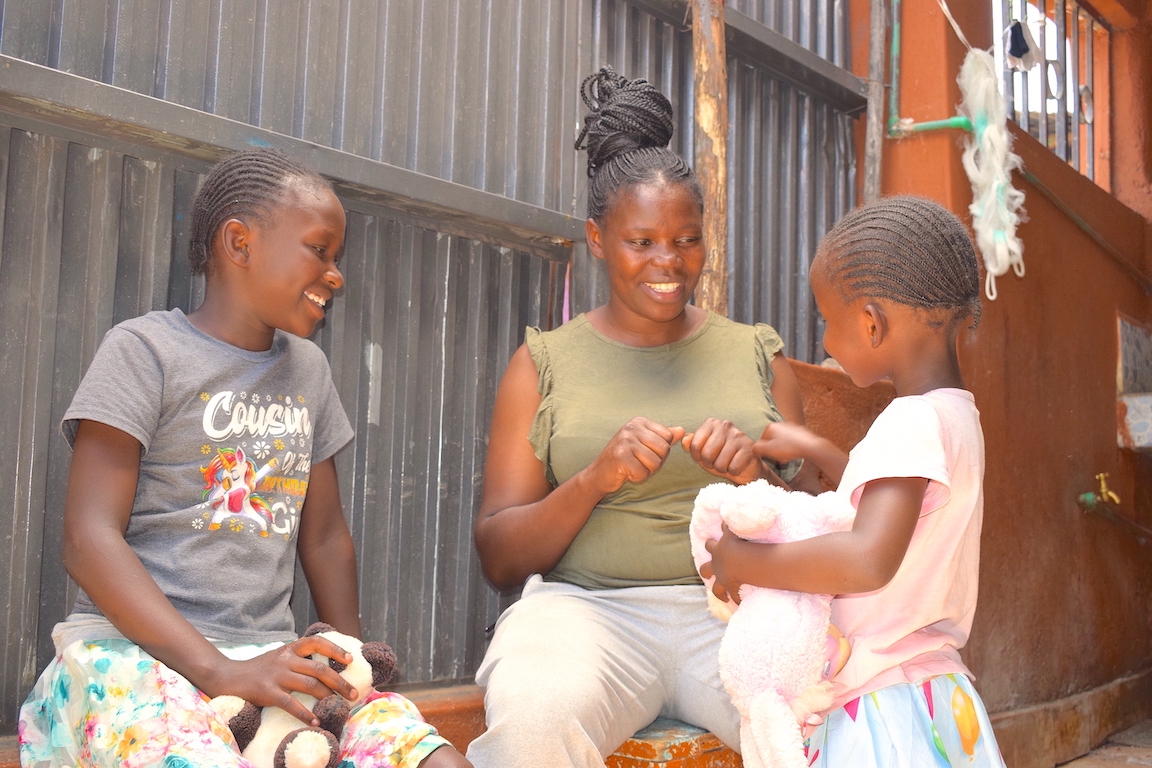
Jackline responds to their numerous requests lovingly, while informing me that she would do anything to ensure that her daughters enjoy their childhood and remain happy throughout their life.
This is a commitment that she made about two years ago, after going through intense mental distress and trauma resulting from Sexual and Gender-Based Violence (SGBV).
"I went through an abusive relationship with the father of my children. When we first got married, everything seemed fine. But things changed and he became violent. He would beat me for no apparent reason and accuse me of imaginary crimes that I had not committed," says Jackline.
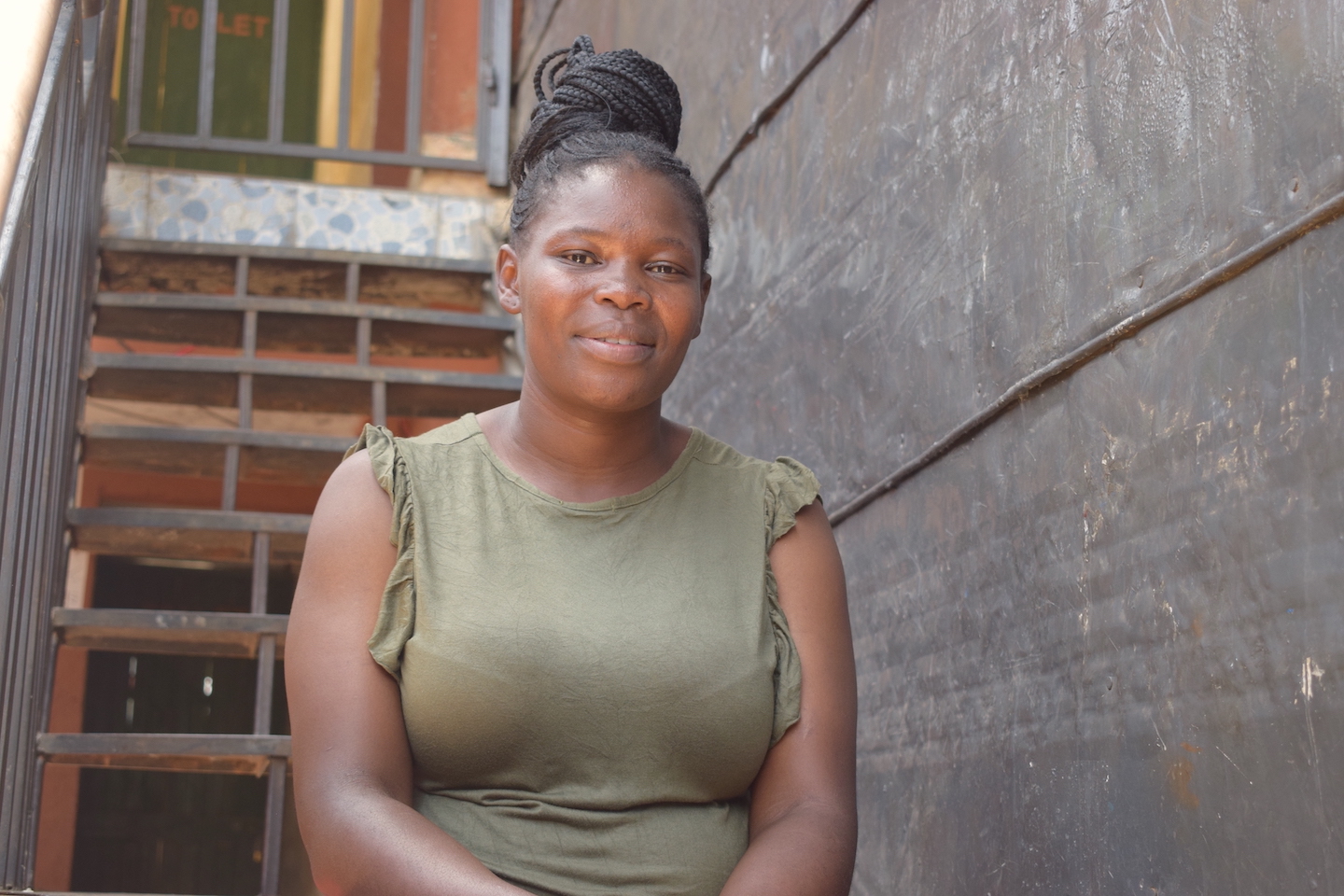
She adds, “I feared going to work as he would accuse me of sleeping with men there and beat me yet I was innocent. One day, he punched me so hard in my face and left a mark on my face that is still there."
According to Jackline, the violence had a detrimental impact on her life.
"I began hating myself and having a low self-esteem. I hated my husband because of what he was doing. I started becoming harsh to the children too. I felt like they were partly to blame for my problems because if it wasn't for them, I would have easily walked out of the marriage. But I couldn't, since I wasn't financially independent. I was relying on the support of my husband to provide for us," she says.
Despite these hurdles, Jackline eventually got the courage to leave the marriage after she realised that the violence was becoming intense and could eventually kill her. Shortly thereafter, she was introduced to World Vision by a friend who had heard about the organisation's efforts to tackle the SGBV problem in urban informal settlements.
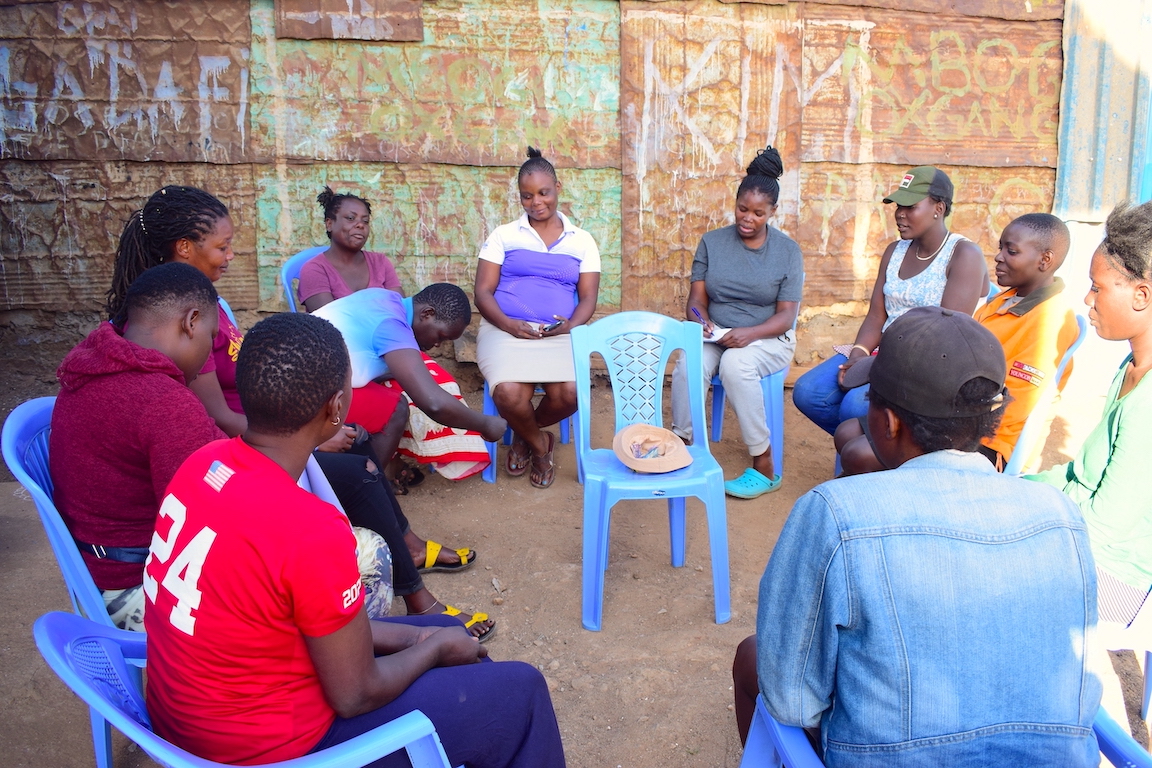
Jackline was then supported by World Vision to undergo counselling so as to overcome the psychological trauma caused by the SGBV. She also went through a life skills course that was aimed at empowering the youth to lead productive lives and effectively tackle life challenges.
"The training helped me to overcome the stress that I had. It was causing me to have negative thoughts, feel hopeless and deny my children the love and care that they deserved," says Jackline.
"I fell into the trap of an abusive man while searching for love and affection, because I felt neglected and unloved by my parents. I didn't want my children to suffer the same fate. Therefore, I made a commitment to do whatever it would take to give them a better life," she says.
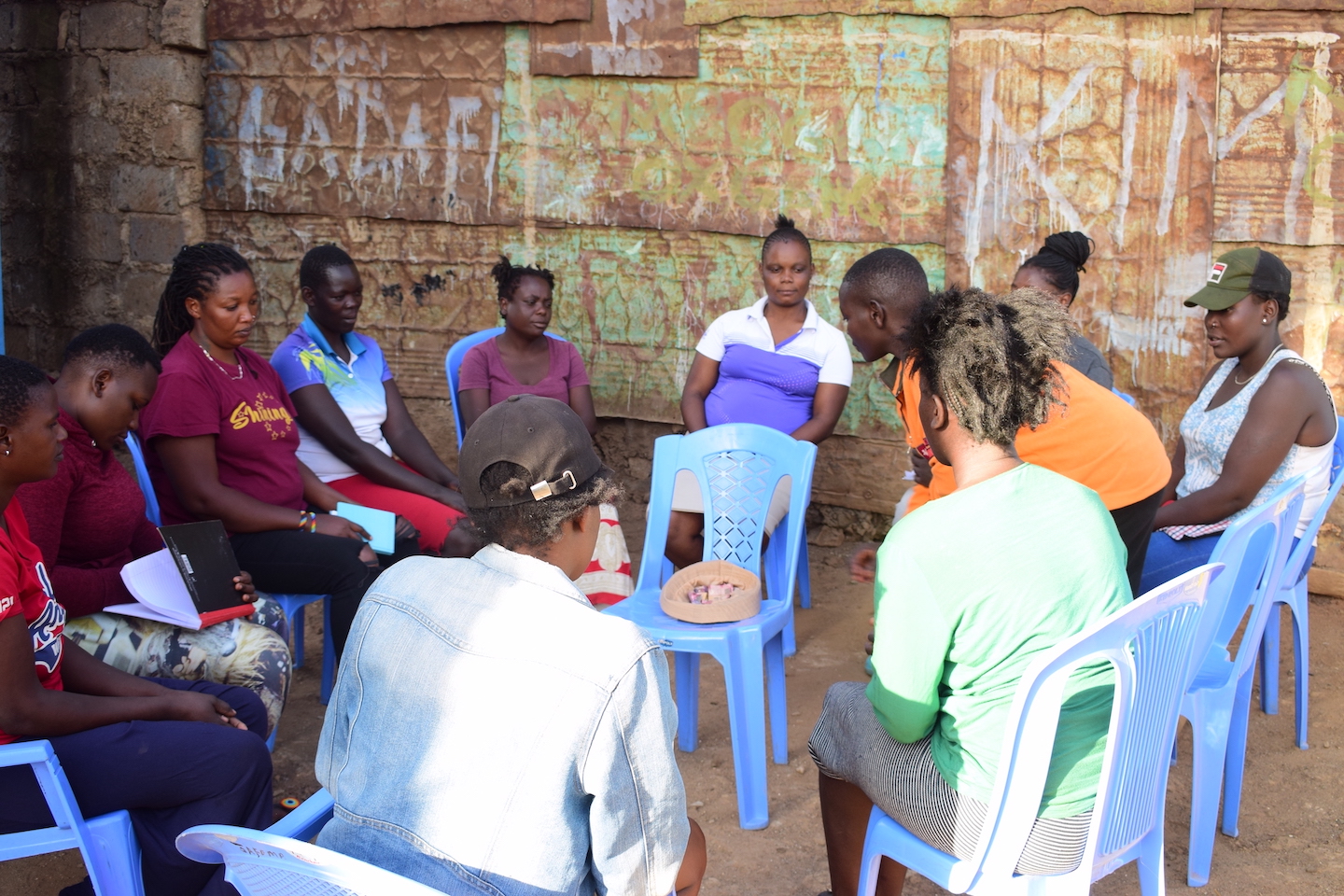
Aside from the counselling, World Vision supported Jackline to acquire training on business skills, as well as stock for her clothes, hair supplies and shoe business that she had started.
"I learnt how to develop a business plan, keep records and track expenses so as to know whether I am making profits or going at a loss. The knowledge and stock that I received have made by business to do well. I am now able to take good care of my children and provide for them adequately," she says.
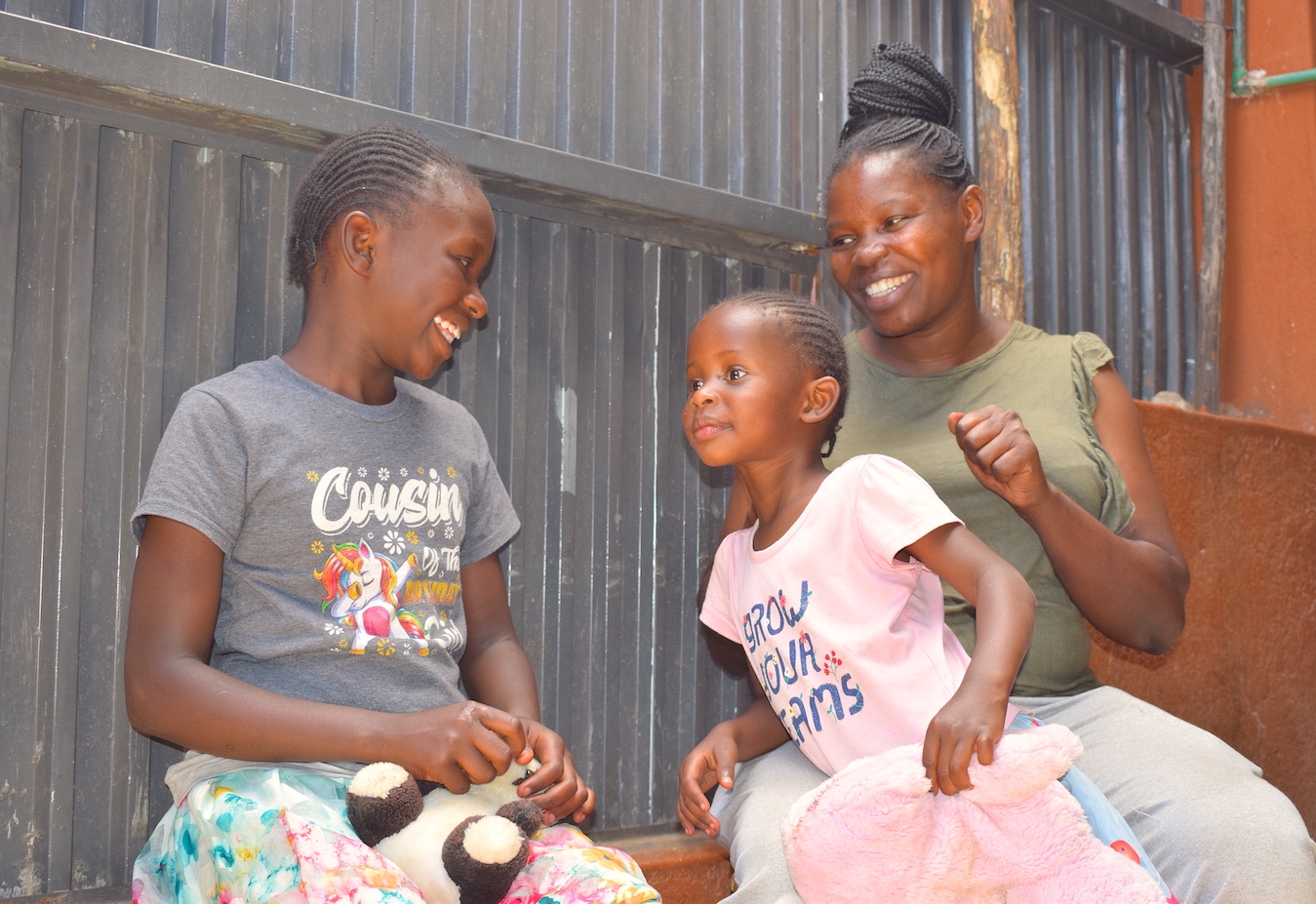
She notes that being the owner of a successful business in her community has boosted her confidence and self-esteem.
"I am no longer helpless. I now have financial independence and this is a big thing for me as a woman and mother. For once, I feel like my destiny and that of my child are in my hands and not dependent on someone else."
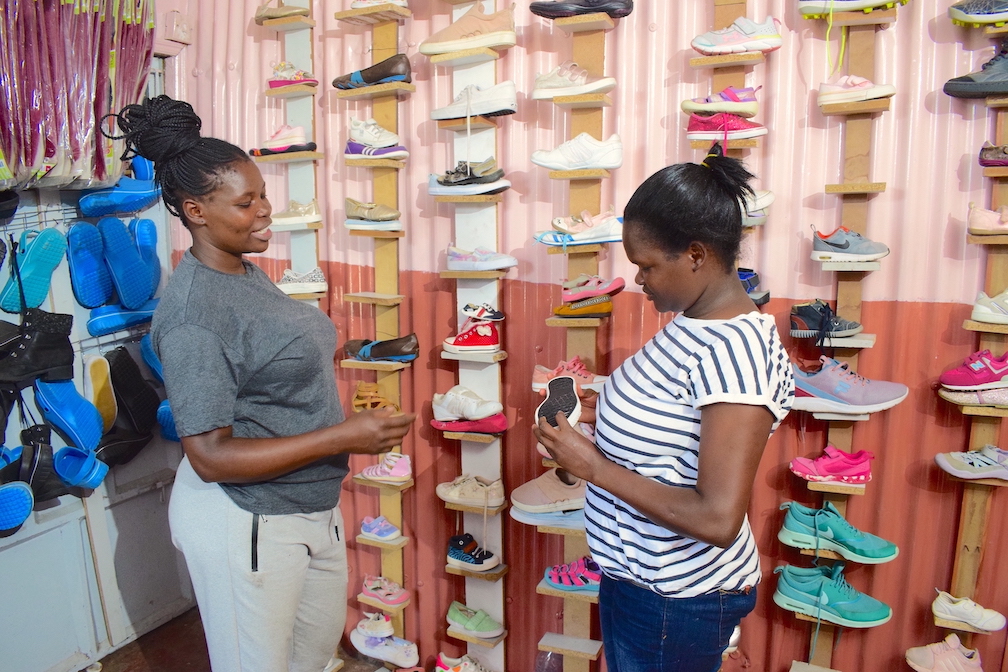
Jackline has gone further to embrace technology which is helping her to overcome gender barriers that dissuade women from wading into the murky waters of entrepreneurship.
She has a physical shop near her home, where she sells clothes, shoes and hair supplies to people residing nearby. To increase her market reach, digital technology has come in handy.
Through the use of social media platforms like Facebook and TikTok, she has been able to get customers from different areas in the city.
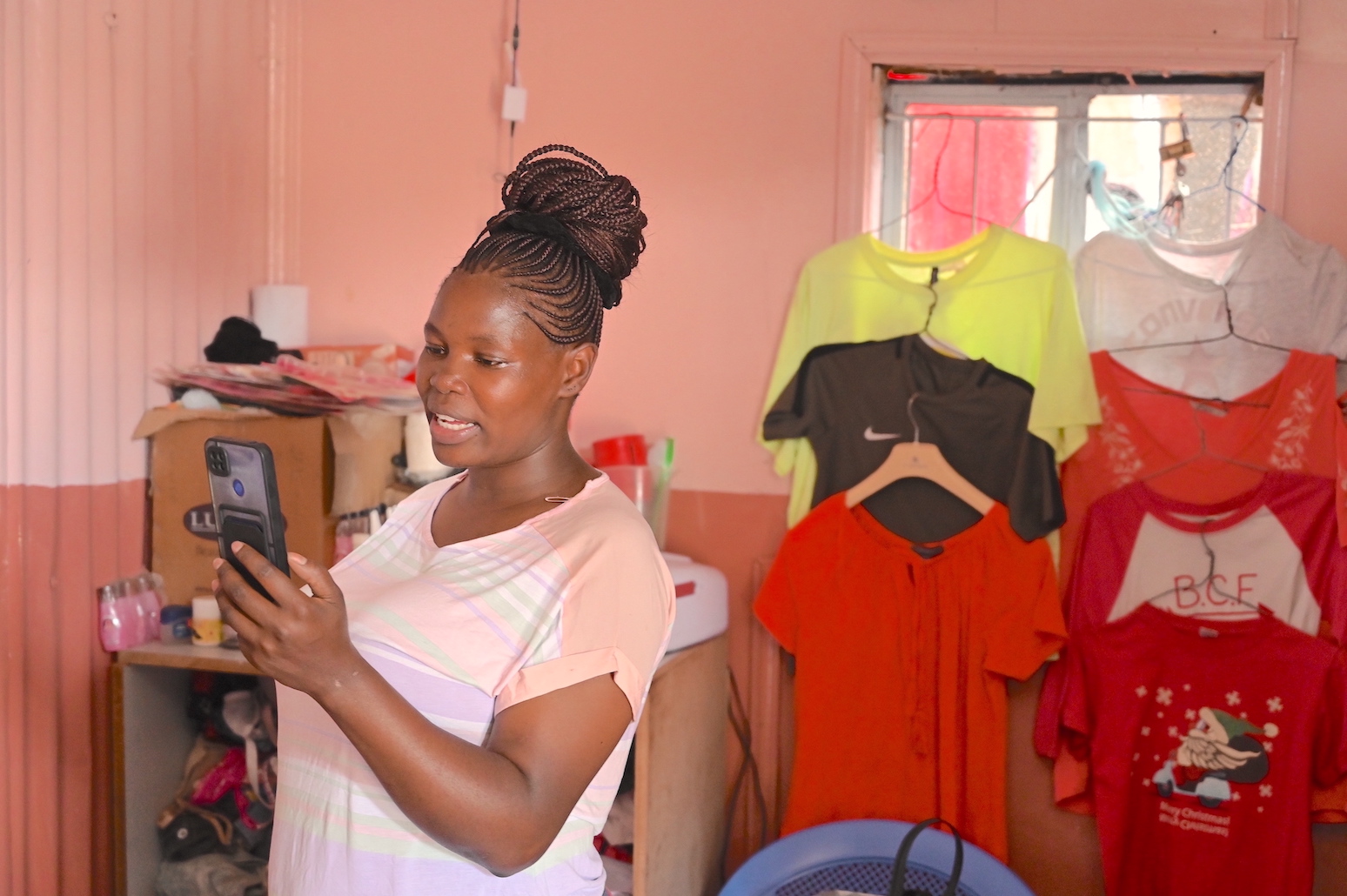
According to Jackline, embracing digital technology is now a pre-requisite for businesses. As such, she notes that entrepreneurs need to have both the physical and online presence at all times.
"I usually post stuff online and even go live so I can interact with existing customers and new ones too. Some people choose to come to my shop while others order online and I engage a motorbike rider to make the deliveries," she says.
"As women, we cannot go everywhere to sell our products due to safety concerns if you are all alone. Some places are also dominated by men, who may subject you to harassment or abuse as they do not want competition. Digital platforms are breaking all these barriers and this is awesome," she says.
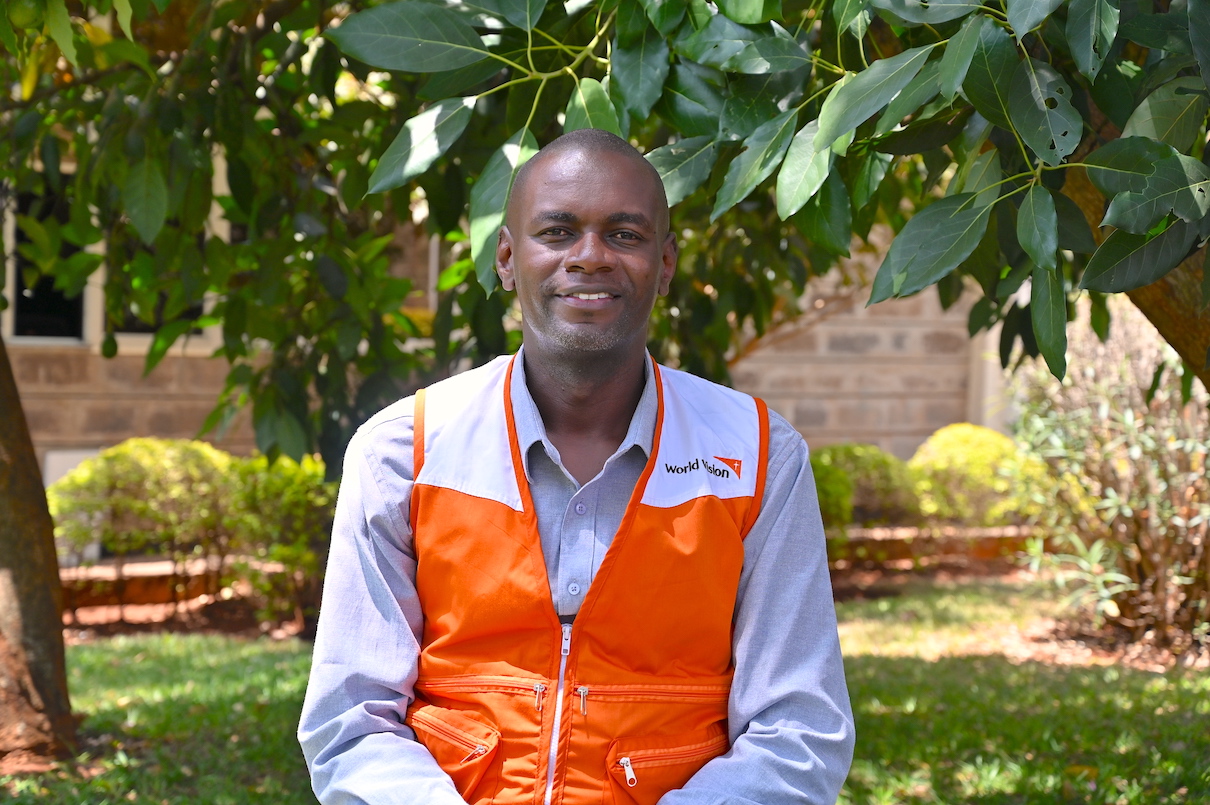
According to Alex Macharia, the Child Protection, Participation and Safeguarding Senior Manager for World Vision Kenya, economic empowerment plays a significant role in reducing the vulnerability of women to SGBV.
"Many women stay in these abusive and violent relationships because they feel helpless. If they don't have any source of income and have to rely on an abusive partner, then they will definitely fear breaking free from their abusers," he says.
Due to the important role that they play in the society, women's economic empowerment is a central pillar in World Vision' goal of improving the well-being of children.